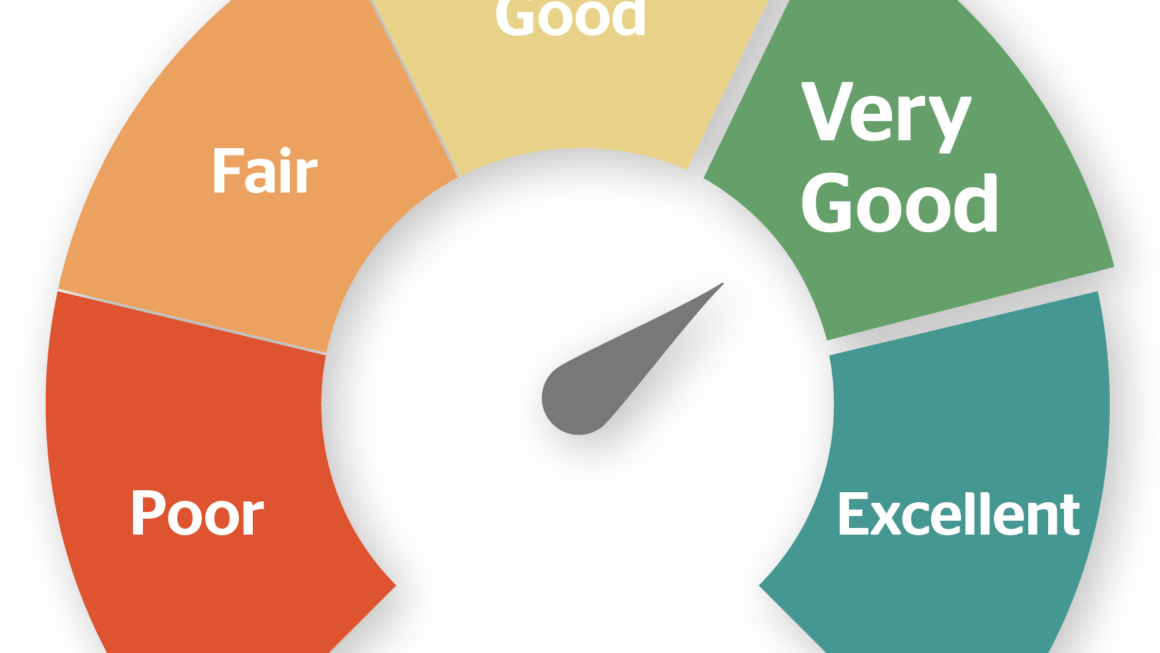Trading stocks entails both purchasing and selling them to profit from daily price fluctuations. The constantly shifting nature of stock market trading necessitates adaptable and dynamic techniques. Any severe trader develops several trading plans that are parallel to the competitive market environment. With Stock market strategies you can identify the finest market trends and circumstances to generate profits.
Stock Market Trading: What is it?
Stock market trading entails purchasing and selling company shares to profit from daily fluctuations. Traders actively monitor the short-term price changes of equities, then subsequently attempting to buy cheap and sell high.
Stock traders differ from regular stock market investors in that they take a short-term perspective rather than a long-term one.
Trading individual stocks include the risk of significant losses and the potential for rapid returns for those who time the market right. The fortunes of a single company can rise faster than the market as a whole, but they can also tumble just as quickly.
8 Basic Stock Market Strategies
Investment in growth
Most investors in the stock market do so to increase their capital. As a result, growth investing continues to be the most often used share trading strategy. When investing for growth, you often choose stocks from businesses that reinvest their revenues. In this case, investors decide to reinvest their capital and profits rather than redeeming and selling their shares after realizing gains. Reinvesting profits enables businesses to enhance their cash flows and operations, promoting business expansion. Investors do not get a dividend payout since the money is reinvested. Reinvesting capital and profits, however, may increase the share price and, consequently, your earnings even in the absence of dividend payments. As a result, the capital investment amount increases, which is advantageous for you as the investor.
Investing in income
The hope of a second source of income is another frequent reason why people resort to the stock market. You may, for instance, invest in stocks, bonds, growth or dividend mutual funds, and other similar products to generate extra income. The amount of your investment should ideally be proportional to your age and the number of years of employment you have left. A younger person may be able to invest less since their monthly income is lower, but as you get older and your salary rises, you can invest more.
Investing in value
One of the most popular stock market strategies is value investing, typically used by seasoned investors. Investors usually use this method to buy underpriced shares when strong company stocks are trading below their actual worth. A share’s intrinsic value, as opposed to its market value, is merely a measurement of its true worth. Investors evaluate the fundamentals of the company issuing the stock to ascertain a share’s intrinsic worth. Investors buy large quantities and hold onto inexpensive supplies after spotting them for extended periods. The stock’s price moves upward once the market recognizes the stock’s actual value. Investors sell their shares at this moment to make huge profits.
Quality Investing
When making stock market investments, you must make wise stock selections. Implement the quality investment share trading approach if you are a novice with little to no experience in the field of stock trading. It would help if you choose stocks from reputable, high-quality businesses when investing in quality. These organizations are called blue-chip companies since they have a long history and exhibit stability. These are shares of reputable companies that have withstood extremely turbulent market conditions. Based on the essential details about a firm in the public domain, such as its leadership, its prospects, and so on, you can perform a qualitative analysis of it.
Observe the trends
Trend following, often known as riding the trend, must be mentioned while discussing stock market techniques. For example, when stock prices start to rise, you should buy them as a trend-following investor and sell them when your target price is reached. As a result, when trading stock trends, your goal should not be to forecast the market price of your stock but rather to track and stay current with emerging trends. In addition, following a trend gives you access to several variables and mathematical calculations that can assist predict how the stock will move. As a result, you may determine the current market price of stocks, channel breakouts, and moving average crossovers and generate trade signals.
Long term investing
One of the most fundamental stock market methods for beginners is long-term investing. Simply put, it suggests that you only invest funds you won’t use in the next five years. Instead, select high-quality equity schemes or other equity investment options, and give them the time required to develop. Long-term investing enables your stocks to withstand market fluctuations and gradually result in capital growth. Patience is essential to the long-term investment approach.
Don’t continue to monitor the market
Despite what many people think, you shouldn’t follow the market daily. Daily tracking is advised for day traders more often than delivery traders. To make little daily earnings, day traders buy and sell their shares every day on the same day. Contrarily, delivery traders are individuals who purchase shares with the intent to keep them and afterward sell them for a profit. Therefore, many stock market strategies consider it wise to ignore your financial investments when you are a delivery trader. It is an essential tactic in bear markets when most companies’ stock prices decline due to unfavorable market sentiment. Thus, it is preferable to refrain from tracking.
Don’t make investments based on rumors: Most novice investors make the error of funding businesses based solely on rumors. One may get suggestions from non-market experts like friends, relatives, or coworkers. Yes, there are occasions when you cannot rely solely on market gurus. Avoid the ranting anchors on business news channels and support.
Where to buy and sell stocks
To trade stocks, having a broker would be beneficial but don’t settle for any broker. Choose the one whose terms and resources best suit your investing preferences and background. Active traders will give more attention to low commissions and quick order execution for time-sensitive trades.
Investors new to trading should search for a broker who can show them the ropes through educational materials, online courses, and live seminars. The effectiveness and accessibility of screening and stock analysis tools, mobile alerts, simple order entry, and customer support are further factors to consider when choosing stock trading apps.
In any case, trading in stocks involves spending time learning the fundamentals of stock research and experiencing the ups and down, even if there are more of the latter, it is time well spent, so long as you’re having fun and not gambling with money, you are good to go.
Conclusion:
Regarding stock market trading on the internet share market, traders have a variety of tactics at their disposal. However, since none of these tactics guarantee a 100% success rate, traders may turn to a different, Unidirectional trade approach. You can acquire assured success this way. However, carefully evaluate and investigate the costs and dangers connected with each strategy should before opting to implement it.



